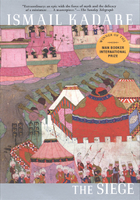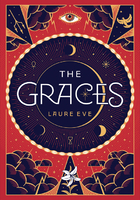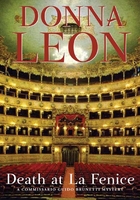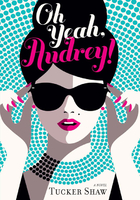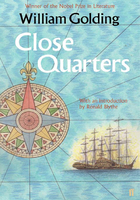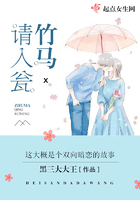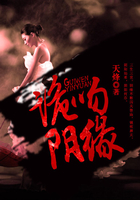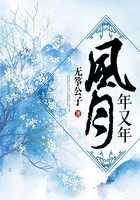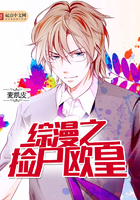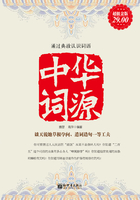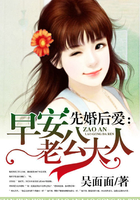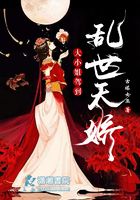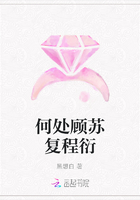INCREASINGLY WE FACE ISSUES for which hierarchical authority is inadequate. No CEO can transform a company's ability to innovate, or single-handedly create a values-based culture. No country president can resolve intractable political stalemates that stand in the way of national development. It is painfully apparent that even the most powerful political leaders and global institutions are powerless in the face of issues like climate change or the growing gap between rich and poor that, if left unaddressed, will undermine the future we leave our children and grandchildren.
Faced with this reality, we see everywhere a growing sense of powerlessness and an increasing reliance on force. The former reflects awareness that the big issues are generally getting worse, not better; the latter, a desperate response to this awareness. Few of us do not shudder at the prospect of a continuation of today's escalating reliance on force. Adam Kahane's book poses a third option: a transformation in our ability to talk, think, and act together. I am convinced this is the only reliable path forward, not only for hierarchical leaders but for all of us—as parents, citizens, and people at all levels in organizations—seeking to contribute to meaningful change.
While this third option is commonly dismissed as idealistic and unrealistic, Adam's belief in this possibility has been forged in the fire of some of the world's most complex and conflicted situations. As a young scenario planner from Shell, he found him-self in 1991 helping formerly outlawed black political party leaders in South Africa develop strategies to guide their divided country. The problem was that they saw the world differently from one another and very differently from the white minority with whom they had to work. Remarkably, in little more than a year, this Mont Fleur scenario process resulted in a meaningful consensus on many of the country's core challenges and a way of talking and working together that united a broad cross section of the country. South Africa still faces immense challenges, but it is hard to imagine the country's transition to stable multiracial democracy without this process and others like it.
Since then, many similar experiences—some successful and some not—have illuminated a few simple principles around which Adam's story unfolds.
We are unable to talk productively about complex issues because we are unable to listen. Politics and politicians today epitomize virtually the opposite of the symbol from which their calling emerged—the Greek polis—where citizens came to talk together about the issues of their day. Things are little better in most corporate boardrooms, where the most difficult and politically threatening issues often never see the light of day. Indeed, we now have a new hero of corporate governance: the “whistle—blower” who risks it all to say what no one wants to hear.
Listening requires opening ourselves. Our typical patterns of listening in difficult situations are tactical, not relational. We listen for what we expect to hear. We sift through others' views for what we can use to make our own points. We measure success by how effective we have been in gaining advantage for our favored positions. Even when these motives are covered by a shield of politeness, it is rare for people with something at stake truly to open their minds to discover the limitations in their own ways of seeing and acting.
Opening our minds ultimately means opening our hearts. The heart has come to be associated with muddled thinking and personal weakness, hardly the attributes of effective decision makers. But this was not always so. “Let us bring our hearts and minds together for the good of the whole” has been a common entreaty of wise leaders for millennia. Indigenous peoples around the world commence important dialogues with prayers for guidance, in order that they might suspend their prejudices and fears and act wisely in the service of their communities. The oldest Chinese symbol for “mind” is a picture of the heart.
When a true opening of the heart develops collectively, miracles are possible. This is perhaps the most difficult point of all to accept in today's cynical world, and I will not try to argue abstractly for what Adam illustrates so poignantly. By miracles I do not mean that somehow everything turns out for the best with no effort or uncertainty. Hardly. If anything, the effort required greatly exceeds what is typical, and people learn to embrace a level of uncertainty from which most of us normally retreat. But this embrace arises from a collective strength that we have all but ceased to imagine, let alone develop: the strength of a creative human community grounded in a genuine sense of connectedness and possibility, rather than one based on fear and dogma.
It has been my privilege to work with Adam for the past decade, as part of a growing community of intrepid explorers around the world looking for alternative paths to catalyze and sustain profound, systemic change. This work is being done in corporate, governmental, and nongovernmental organizations, and in settings that involve all three sectors. It is a joy to see some of the initial articulations of its foundations now reaching publication.
Through this time I have come to appreciate Adam as a consummate craftsman, a deeply pragmatic person not given easily to hyperbole or na?ve expectations. This book captures his spirit as well as his knowledge. The theory and method gradually emerging from this collective work sit quietly in the background of his story of challenges, accomplishments, failures, and discoveries.
Although what Adam and others of us are learning is undoubtedly no more than first steps, I believe the direction is becoming clear. The path forward is about becoming more human, not just more clever. It is about transcending our fears of vulnerability, not finding new ways of protecting ourselves. It is about discovering how to act in service of the whole, not just in service of our own interests. It is about rediscovering our courage—literally, cuer age, the rending of the heart—to pursue what Adam calls “an open way,” because the only progress possible regarding the deep problems we face will come from opening our minds, hearts, and wills.
Peter M. Senge
Cambridge, Massachusetts
April 2004

